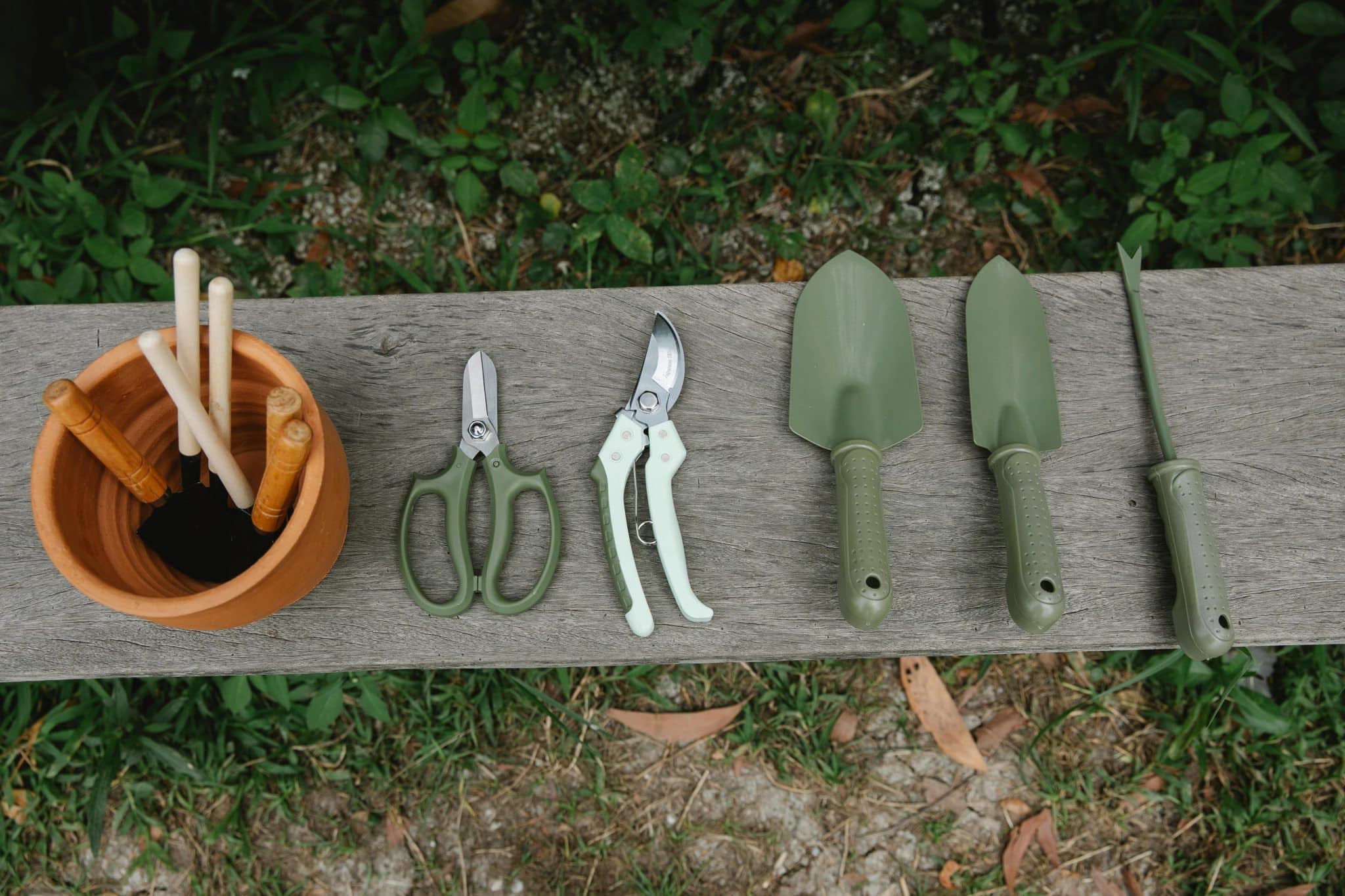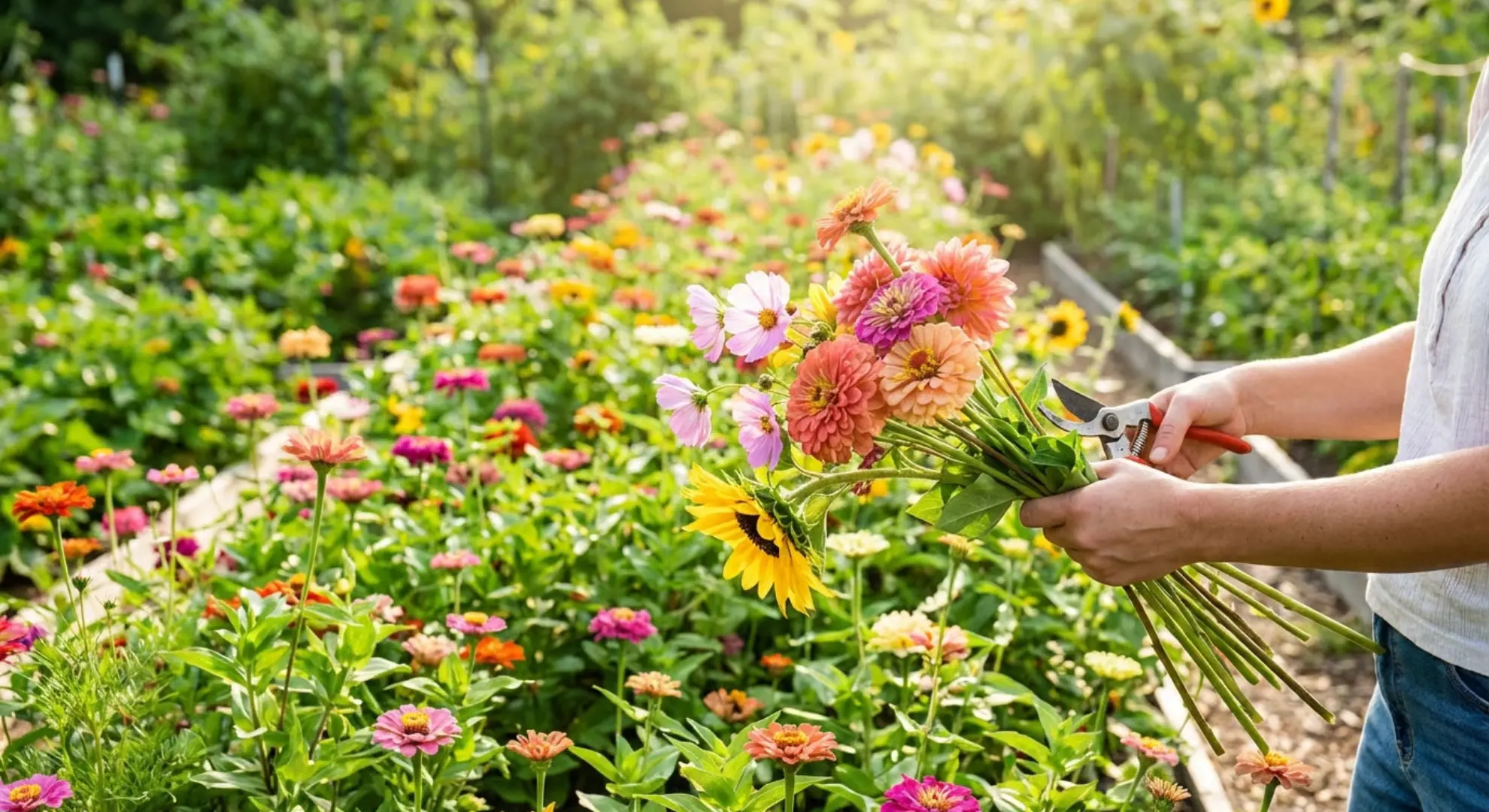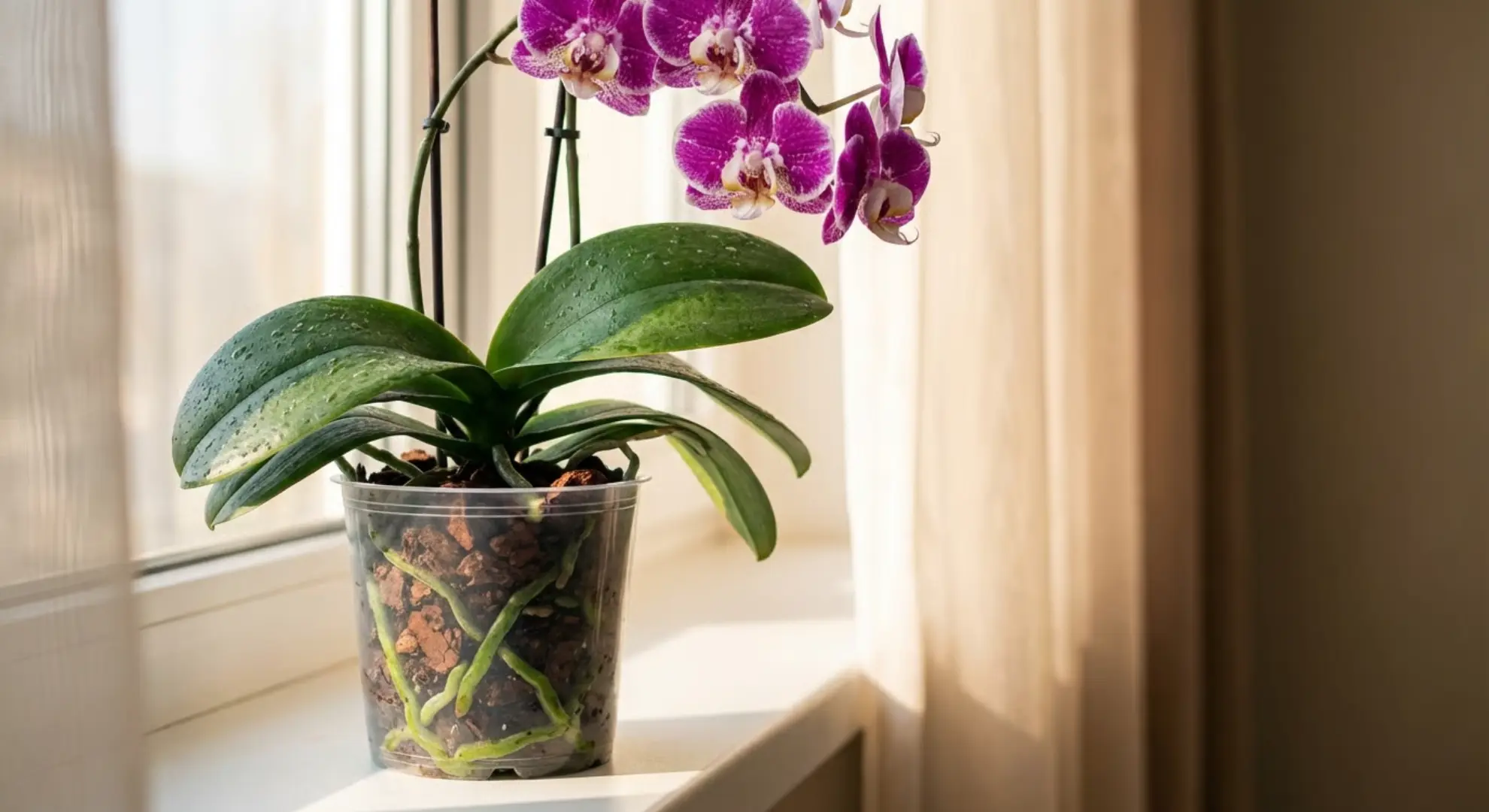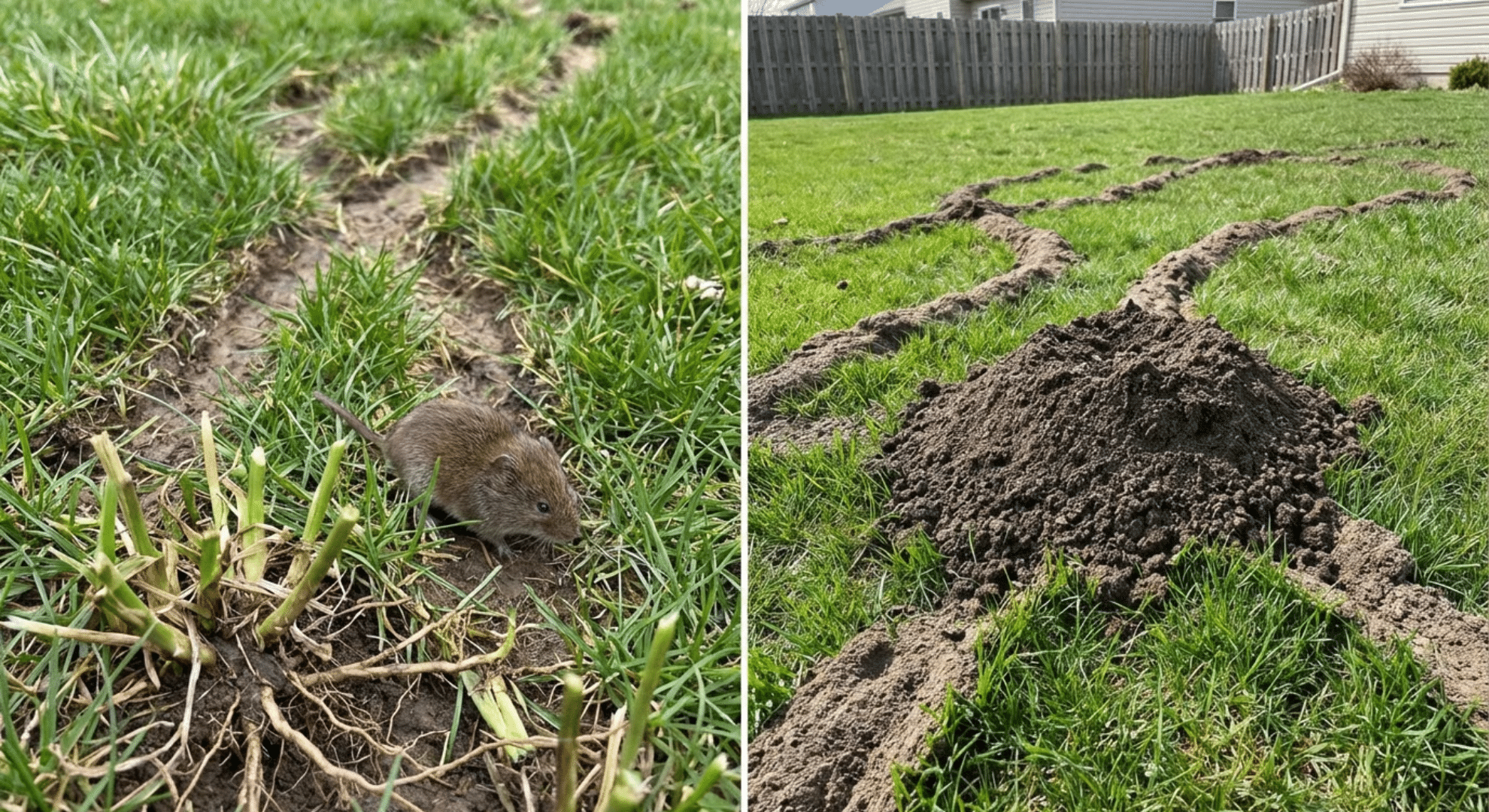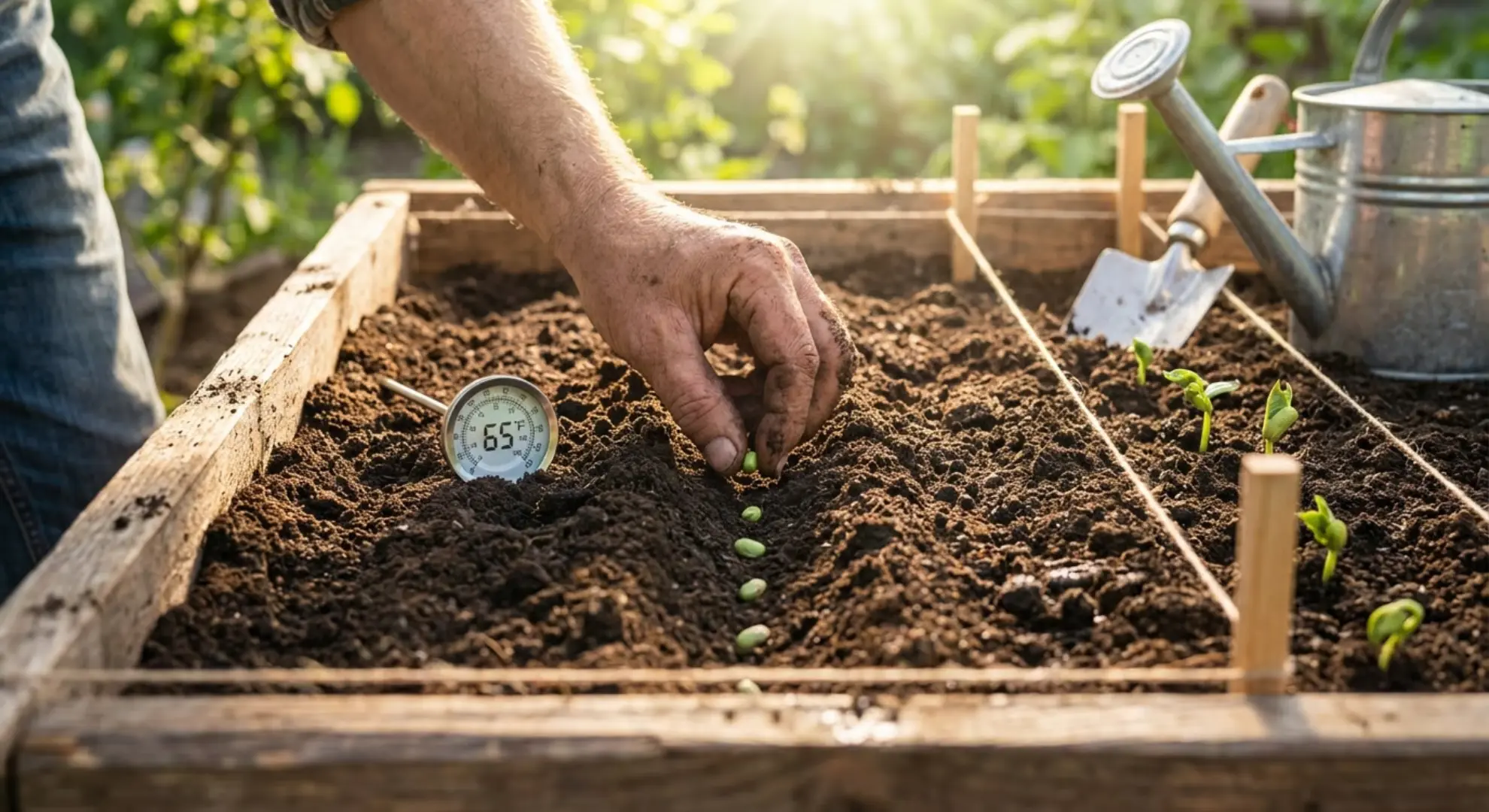Professional landscaping is a balance of skill, planning, and execution. But even the best-trained landscaper can only go so far without the proper tools. From maintaining greenery to preparing soil and clearing debris, a well-equipped kit makes all the difference.
Here are the core outdoor tools no landscaper can work without, each playing a vital role on every job site.
Hedge Trimmers
Well-kept hedges are often the centrepiece of a landscape, and hedge trimmers are essential for maintaining clean, uniform shapes. Whether trimming formal box hedges or shaping native shrubs, these tools offer the power and precision needed for neat results. Petrol and electric models are popular, but battery-powered trimmers have become a practical choice for landscapers looking to reduce noise and emissions on site. Comfort and manoeuvrability are key, especially when working at height or for extended periods.
Line Trimmers and Mowers
When it comes to outdoor maintenance, line trimmers and mowers are among the most reliable tradie tools for every job landscapers undertake. These tools form the foundation of turf care, ensuring grassed areas are kept neat and professional in appearance. While mowers handle the bulk of large open spaces, trimmers are essential for refining the edges, along fences, garden beds, and tree lines.
Chainsaws
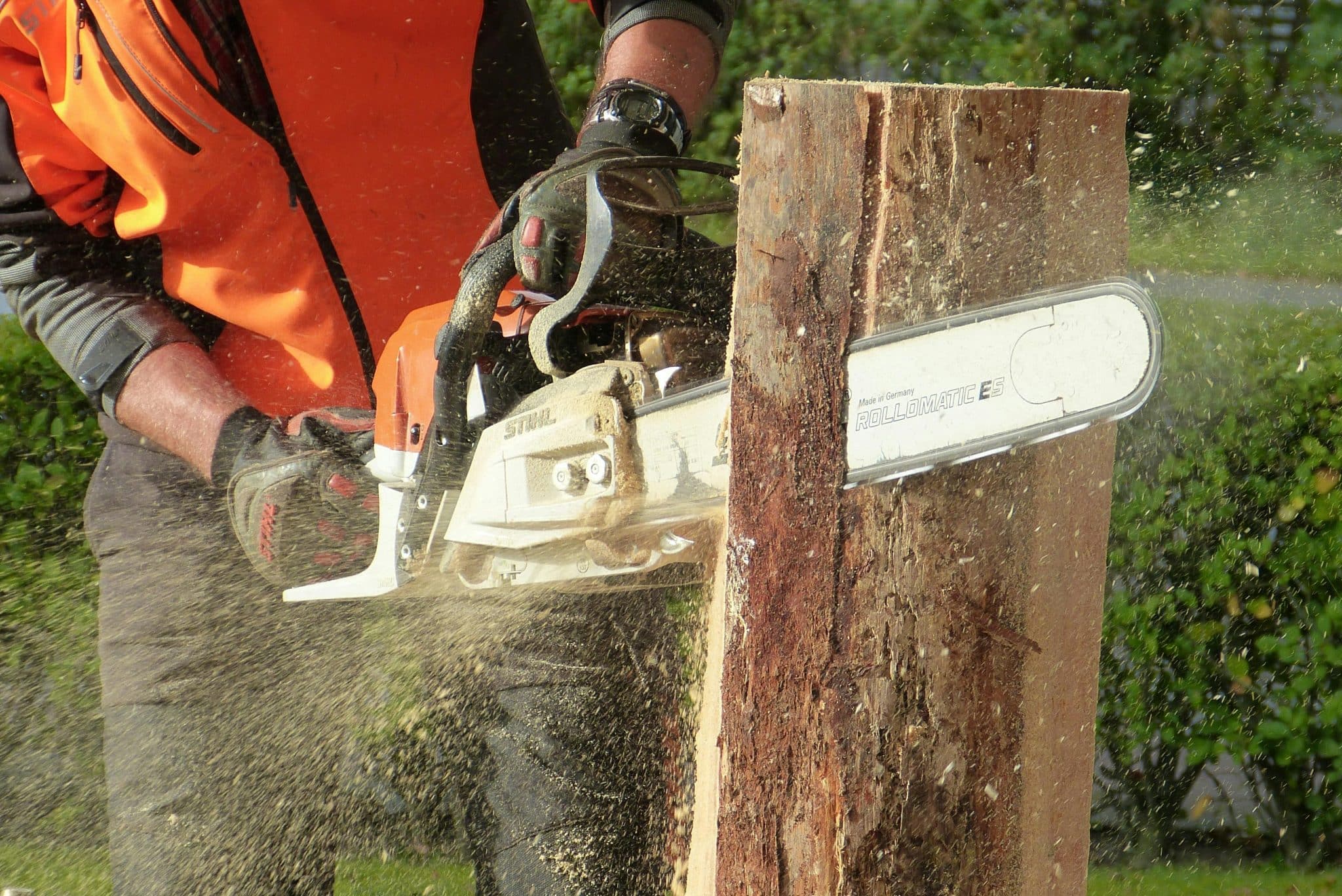
Clearing overgrowth or managing mature trees requires a reliable chainsaw. Whether it’s pruning limbs, removing dead wood, or tidying overhanging branches, this tool is a necessity on many landscaping jobs. Cordless electric models are increasingly used in urban and residential areas for their quieter performance, while petrol saws remain essential for heavier tasks. Landscapers must choose chainsaws that offer safety, balance, and enough power to handle both precision cuts and tougher clearing work.
Spades and Shovels
Few tools are as versatile and frequently used as the spade and shovel. From digging planting holes to edging beds or turning soil, these tools form the backbone of ground preparation. A rounded shovel is ideal for breaking soil, while a flat-blade spade provides clean lines and defined edges. Landscapers often rely on proper groundwork to support healthy softscape, making the quality and durability of these tools essential.
Rakes
After soil is turned or mulch is spread, rakes are used to level and smooth surfaces, ensuring a tidy, uniform finish. Landscapers often carry both a metal rake for tougher jobs like breaking up compacted soil and a flexible rake for clearing leaves or light debris. An efficient rake saves time and supports the professional look clients expect at handover.
Pruners and Loppers
Plant health is maintained through regular pruning, and for that, sharp, comfortable cutting tools are essential. Pruners tackle smaller branches and shaping work, while loppers give added reach and power for thicker growth. High-quality blades and ergonomic grips prevent fatigue and support cleaner cuts, which are not only better for the plant but also safer for the operator.
Wheelbarrows
Every site, no matter the scale, involves moving something: soil, mulch, stones, or debris. A well-balanced, puncture-resistant wheelbarrow streamlines this task. Landscapers need trays large enough to reduce trips but not so big, they become difficult to control, especially on uneven ground. With constant loading and unloading, durability is non-negotiable.
Irrigation and Sprayers
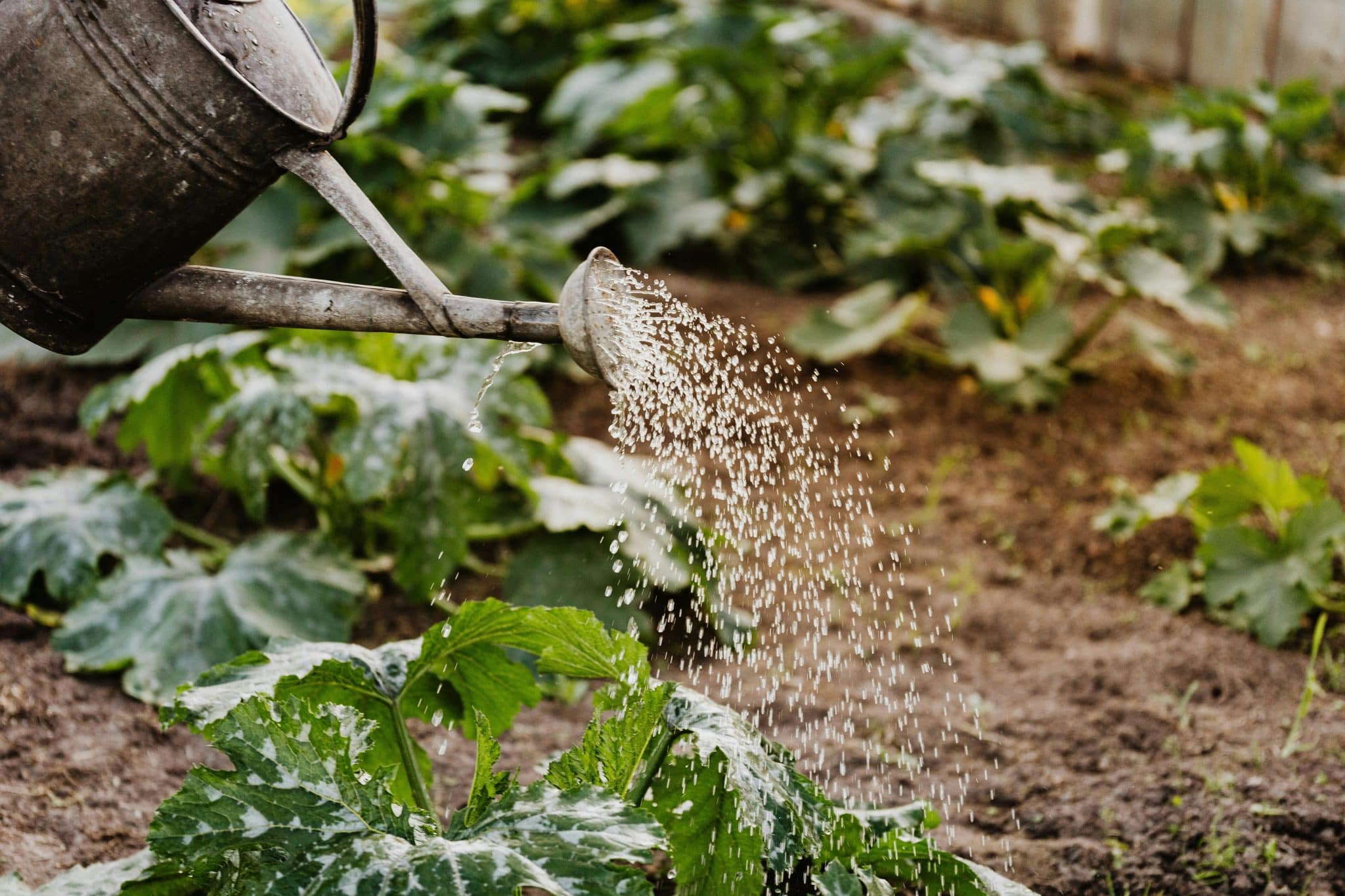
Once planting is done, keeping greenery alive is the next priority. Irrigation tools, including hose-end sprayers, timers, and drip systems, support water efficiency and even coverage. Landscapers use them not just to keep plants alive, but to help them thrive from day one. Manual sprayers are also used for applying fertiliser or pest treatments—another small but crucial part of the job that can’t be skipped.
Measuring and Marking Tools
A tape measure might seem simple, but in landscaping, it’s the first step towards accuracy: whether for paving, fencing, or planting layouts. Spray markers and string lines help define spaces before work begins, while laser levels ensure installations are straight and secure. For tradespeople working outdoors, especially on structural elements, precise marking is the foundation of a professional finish.
Where Skill Meets the Right Tools
Landscaping is demanding, varied, and dependent on the right gear. The essential tools listed above enable landscapers to complete their work with confidence, speed, and attention to detail. They’re not luxury items—they’re investments in doing the job right, the first time. By equipping themselves with practical, trade-ready tools built for outdoor work, landscapers set themselves up for long-term success in a profession that leaves no room for shortcuts.


